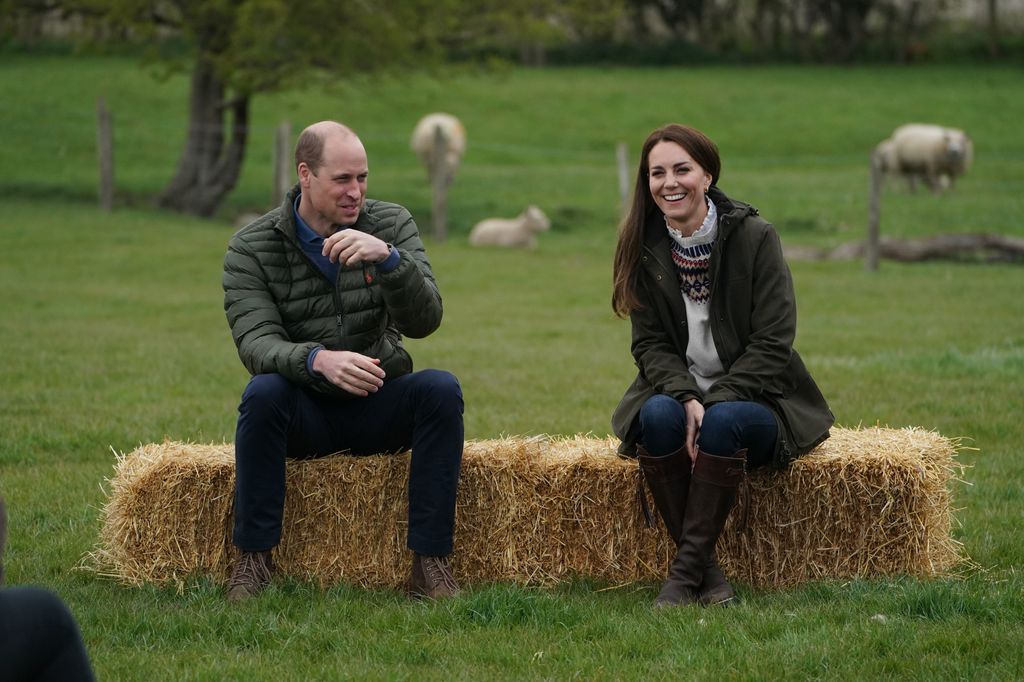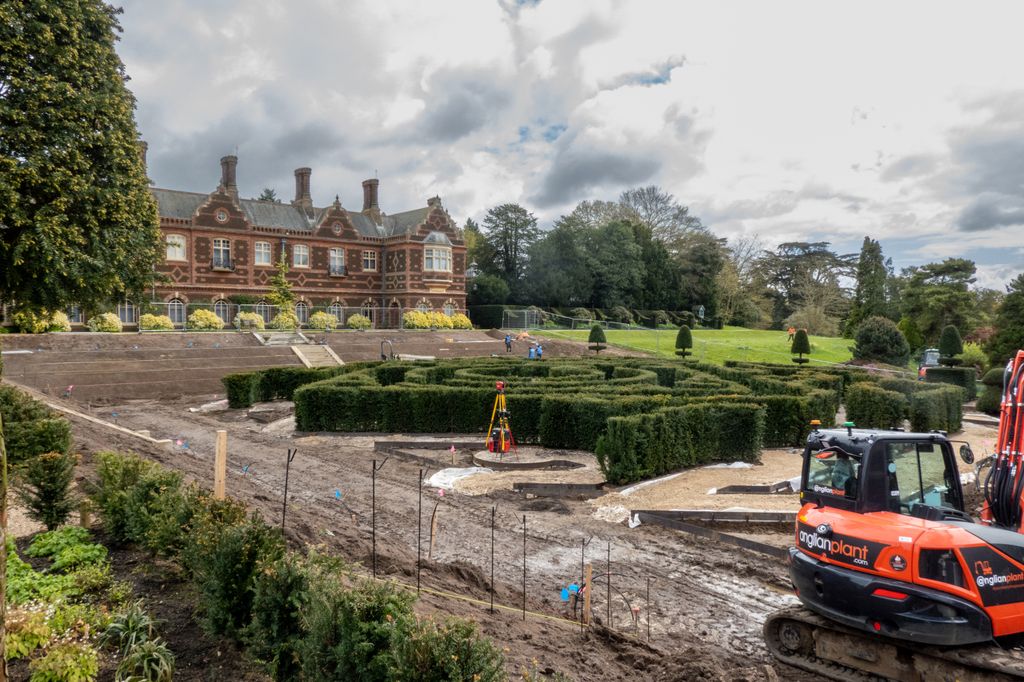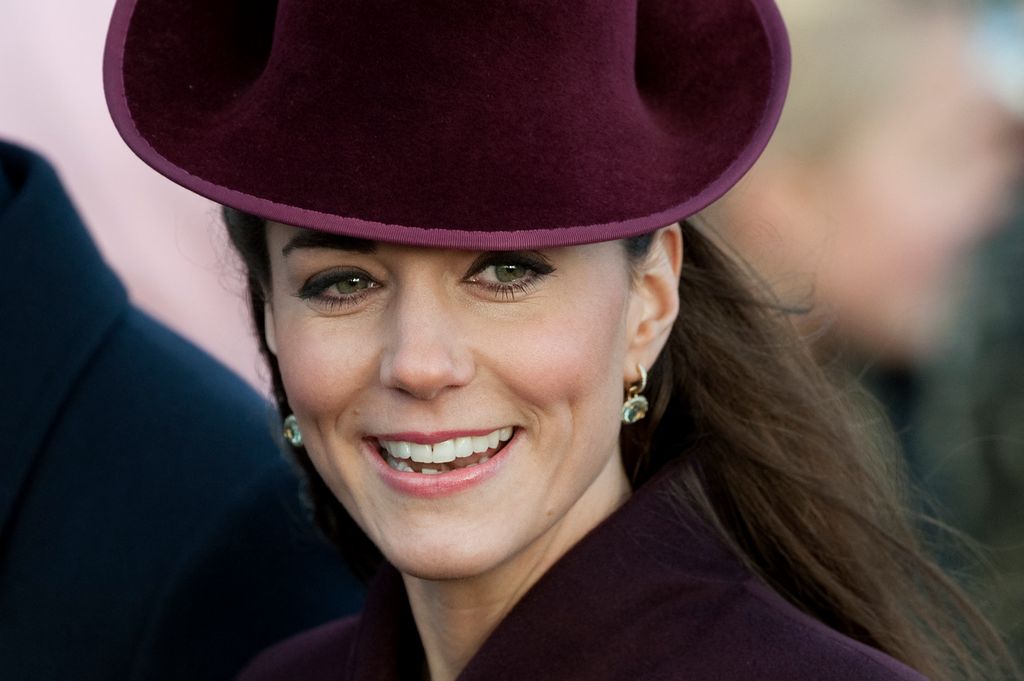The Prince and Princess of Wales have interrupted their Christmas break from Norfolk as the royal couple teamed up with a local mental health charity.
Prince William and Kate, who have long campaigned around mental health, confirmed they were collaborating with the Norfolk and Waveney Mind in order to launch a new pilot scheme to support rural and farming communities in the region. The pilot would also benefit those living and working on the Sandringham Estate, where the royal family typically marks Christmas.
Research has suggested that poor mental health is widespread among rural communities and the new scheme, which will launch next year and last until 2027, aims to provide two new roles. These roles are a rural mental health coordinator and a counsellor.
William and Kate will be co-funding the pilot, which will run targeted sessions involving parent and toddler groups, menopause and men’s groups. These will run alongside additional face-to-face counselling and drop-in sessions.
Praising the royal couple, Sonja Chilvers, the interim CEO of the Norfolk and Waveney Mind, said: “We are all too aware of the specific mental health challenges faced by people in rural settings, particularly those in the farming community.
“We’re delighted to be working with The Prince and Princess of Wales, who know our Northwest Norfolk communities well, and we are keen to see the difference that this pilot will make to local people’s mental health.”
The royal couple have long taken an interest in mental health issues, and last year, the mother-of-three delivered a moving speech to mark World Mental Health Day.
“Simply talking about mental health is just not enough,” she said at an event in Birmingham. “William and I believe we need to do all we can as a society to help young people develop the emotional and social life skills they need for good mental health, and to thrive in the world around them.
“Both learning about the world and learning about how to be happy and thrive within it, should go hand-in-hand.”
Kate continued: “So, we know, like you, that simply talking about mental health is just not enough. Because although many more conversations are now taking place, it is now vital we spend more time focusing on how we talk about our mental health – and crucially; what are we going to do, to build positive, preventative solutions to one of today’s toughest challenges.
“Positive mental health is shaped by our ability to understand and manage ourselves as individuals, and to connect with others through our relationships, friendships, families and communities. We are living in a world however, that is changing so fast, where social media and concerns about the threat of conflict, pandemics, climate change or the cost of living, can impact our emotional wellbeing and future hopes dramatically.”









